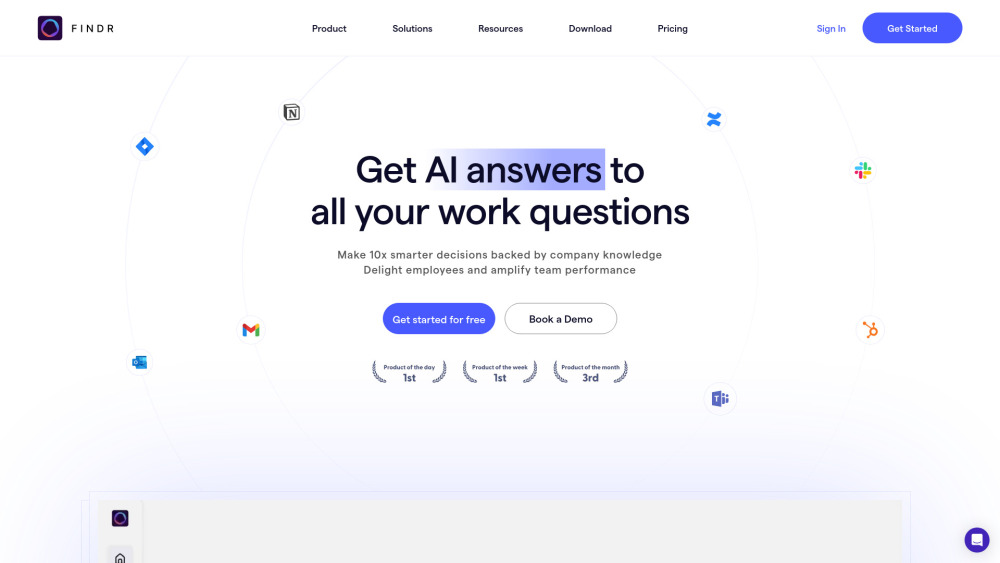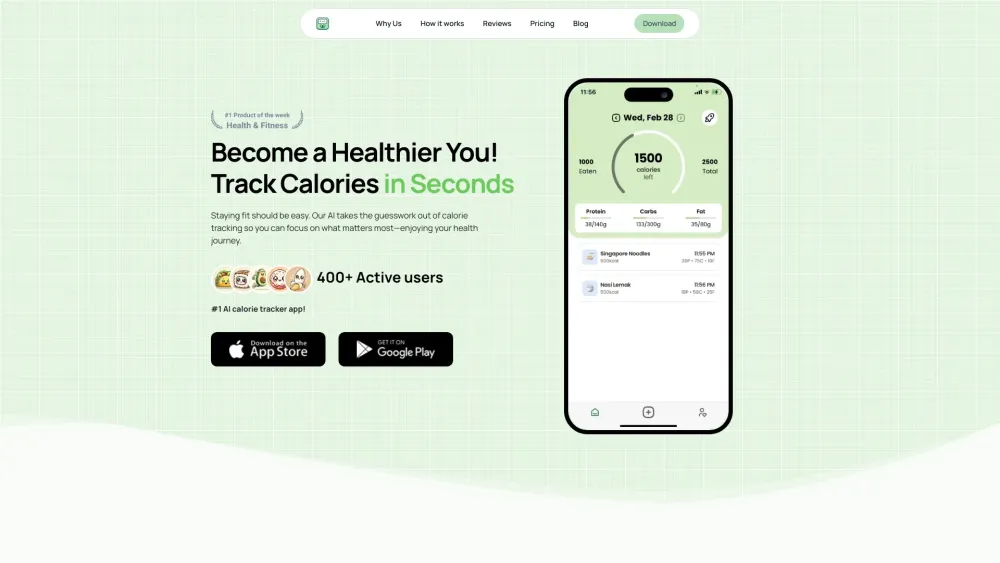Google finds itself in a tough position regarding its AI Overviews. Following a torrent of criticism and memes over the last week, highlighting the poor quality and blatant misinformation stemming from the tech titan’s hastily developed new AI-powered search feature, the company issued a public apology on Thursday. Google, a name synonymous with web searching and dedicated to "organizing the world's information" for user convenience, acknowledged in a blog post that "some odd, inaccurate, or unhelpful AI Overviews certainly did show up."
That’s quite an understatement.
The acknowledgment of shortcomings, penned by Google VP and Head of Search Liz Reid, reflects how the push to integrate AI into everything has, paradoxically, compromised the quality of Google Search. In her post titled “About Last Week,” Reid details numerous mistakes made by the AI Overviews. While they don’t “hallucinate” like other large language models (LLMs), she noted that they can still err due to reasons such as “misinterpreting queries, missing nuances in language, or not having sufficient quality information available.”
Reid clarified that some of the images circulating on social media recently were fabricated, while others stemmed from nonsensical queries, such as “How many rocks should I eat?” — a query rarely searched before. With limited factual data on such topics, Google’s AI ended up directing users to satirical content. (In this case, the satirical reference came from a geological software company’s website.)
It’s critical to acknowledge that if you searched for “How many rocks should I eat?” and found an array of unhelpful links or even a humorous article, you wouldn't be shocked. What’s raising eyebrows is the AI's bold assertion that “geologists recommend eating at least one small rock per day” as if it were a factual response. While not technically a “hallucination,” to the end user, accuracy matters, and this is absurd.
Equally concerning is Reid's statement that Google “tested the feature extensively before launch,” utilizing “robust red-teaming efforts.”
Is there truly no one at Google willing to test it for problematic prompts?
Additionally, Google downplayed the AI's heavy reliance on Reddit as a source of information. While users have often included “Reddit” in their searches, eventually prompting Google to incorporate it as a standard search filter, Reddit is by no means an authoritative knowledge base. Yet, the AI frequently referenced Reddit discussions to answer queries, lacking the discernment to determine when Reddit insights should take precedence — or worse, when they originate from trolls.
As Reddit profits from selling its data to tech companies like Google and OpenAI for model training, users do not want Google’s AI to dictate when to consult Reddit for answers or suggest that subjective opinions are facts. Properly navigating when to reference Reddit is nuanced, a skill that Google’s AI has yet to master.
Reid conceded, “Forums can indeed be valuable sources of genuine, first-hand information, but occasionally lead to questionable advice, like using glue to stick cheese to pizza,” referring to one of the AI feature’s notable blunders this past week.
If last week was tumultuous, at least Google claims to be quickly iterating in response. The company asserts it has analyzed AI Overview examples to identify improvement areas, such as developing better detection mechanisms for nonsensical queries, minimizing the use of user-generated content for potential misleading answers, applying restrictions for queries where AI Overviews fall short, and refining triggers for health-related searches.
As AI companies continuously refine their chatbots, the question evolves from whether these models can outshine Google Search in delivering information clarity, to whether Google Search can adapt swiftly enough to compete with them.
Despite the absurdity of Google’s oversights, it would be premature to dismiss its potential comeback — especially considering the vast breadth of Google’s beta-testing base, which essentially includes every search user.
“There’s nothing quite like having millions of users engaging with the feature across diverse queries,” states Reid.
This article doesn’t simply critique Google's current AI flaws; it emphasizes the tech giant’s journey toward improving user experience in a rapidly evolving digital landscape.




